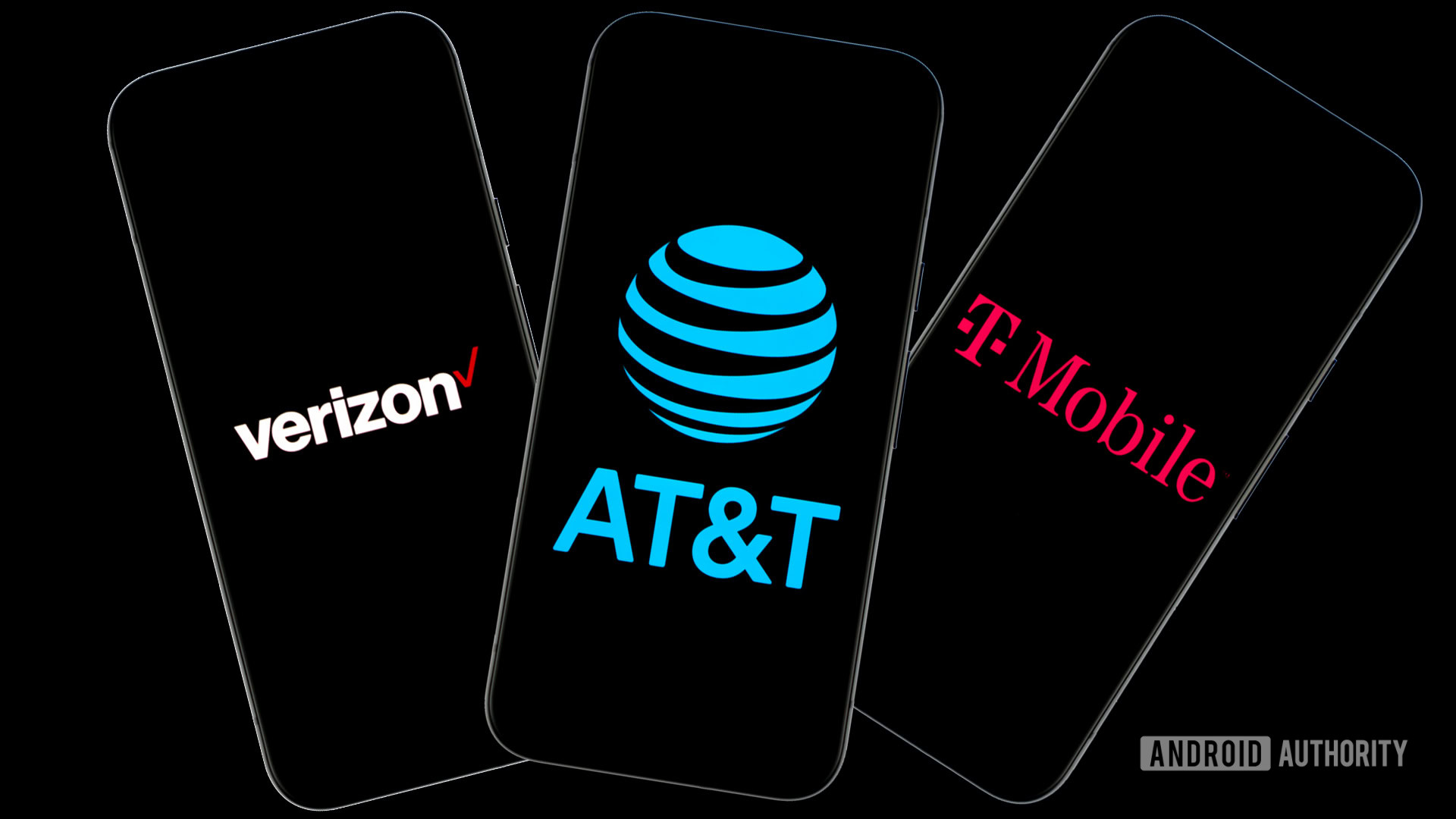Affiliate links on Android Authority may earn us a commission. Learn more.
FCC's new 60-day phone unlocking policy isn't everyone's cup of tea
September 30, 2024

The FCC is in the process of finalizing its new phone unlocking requirements, which could require US carriers to unlock all phones within 60 days of activation. Sure, it’s a very consumer-centric decision You’ll be able to switch carriers easily, removing the restriction of being tied down to the carrier from where you purchased your phone. Software updates could also become faster since they would no longer be bound by carrier approval before reaching your devices. Locked phones also sometimes feature pre-installed apps, which could be a nuisance. So, all in all, the quicker carrier unlock would benefit users, right? Well, some of you beg to differ.
We ran a poll on Android Authority asking our readers and followers what they think of the FCC’s new rule should it come into effect. The results show that not everyone is confident of the benefits of the 60-day unlocking policy.
The poll received a total of 4103 votes across our website, YouTube, and X (formerly Twitter) accounts. While 88% of the voters felt that the FCC’s policy promotes consumer freedom, 12% were skeptical of its aftermath and felt that it could hurt affordable device options and payment plans — something carriers like AT&T and T-Mobile have already warned about.
We’ve received feedback highlighting that not everyone supports the FCC’s initiative to mandate that carriers unlock phones after 60 days. Here are some representative comments:
“I’m in favor of unlocking phones, but it raises concerns about theft. People might sign up for deals and then leave without fulfilling their obligations. Still, I believe in the principle.”
“Buying a phone isn’t complicated—just understand the terms and do some basic math. If you unlock your device after breaching the contract, you’ll still owe the balance and any fees associated with the agreement you signed.”
“If you want a high-end phone like the $1200+ ZFold and AT&T offers it for $300, why shouldn’t they require you to stick to a plan you agreed to? They’re recouping the phone’s cost through your monthly payments over three years, giving you a premium device.”
“I completely agree. When you buy a device and commit to paying for it over time—whether it’s to T-Mobile, a bank, or any lender—you’re responsible for that debt until it’s settled. T-Mobile raises an important question: does the FCC have the authority to enforce these demands?”
Meanwhile, the believers who feel that the FCC is the lord and savior of the situation with carrier-locked phones had these things to say:
“No phone should be locked. Should be a simple law. If you want to stop paying the bill for the network, you pay off the phone. Network-locked phones is a huge burden on the backend, and the consumers suffer for it.”
“Buying carrier-locked devices is crazy. Carriers shouldn’t be in the business of selling and financing devices. You can get better pricing and financing (if needed) elsewhere; it’s just a lazy “all-in-one” transaction that’s actually anti-consumer.”
“Carriers like AT&T are making 36 months the new standard now and had for the past 2 years or so. No one should wait that long to get an unlocked phone. Not only that their trade-in promo credit is tied into your payment plan as well. If they gave you all of your credits right away and then finance the rest for a year or two then I would be fine with that.”
“The goal to me is to combat companies using payment plans to trap customers in long-term contracts under a different name. You used to get the phone and agree to a 2-year contract that you would keep the service. That’s become “payment plans” that are becoming longer in duration (looking at you att with three-year plans).”
At the end of the day, whether or not this new policy will come into effect is still a question mark. The carriers and customers have a lot riding on the FCC’s final decision. Of course, there’s also the matter of how payment plans will function should users decide to switch carriers mid-way. We’ll have the wait and see how things play out, but the final outcome could surely redefine how phones are sold and discounted by major US carriers.
Thank you for being part of our community. Read our Comment Policy before posting.